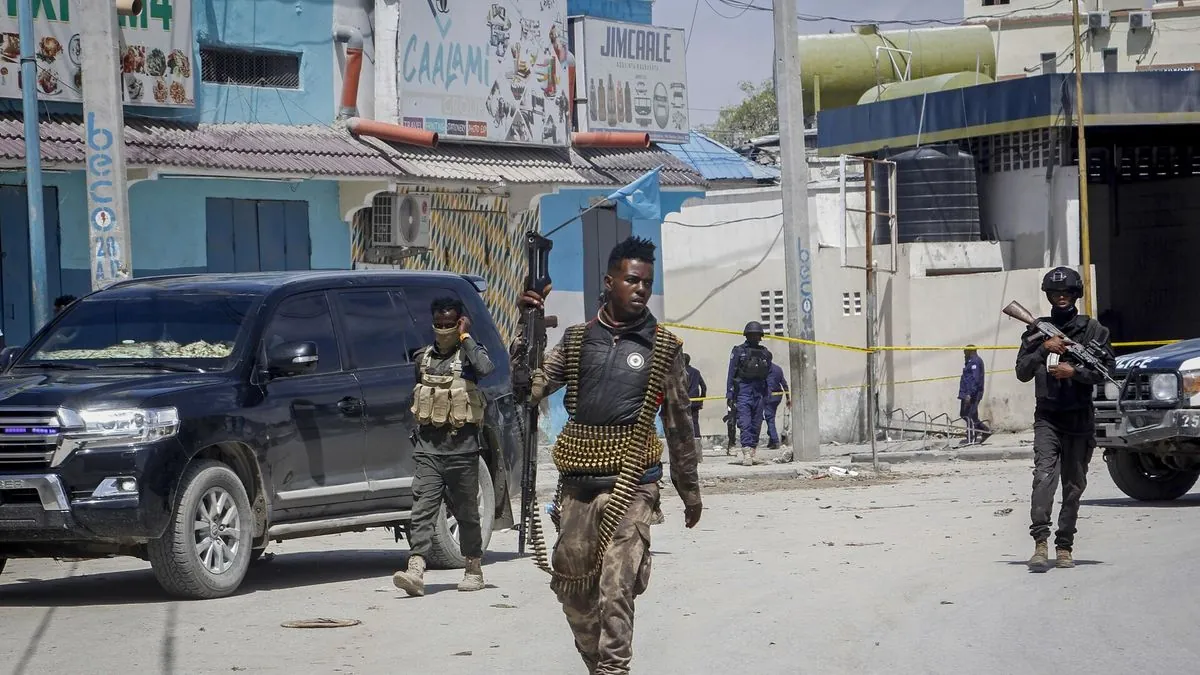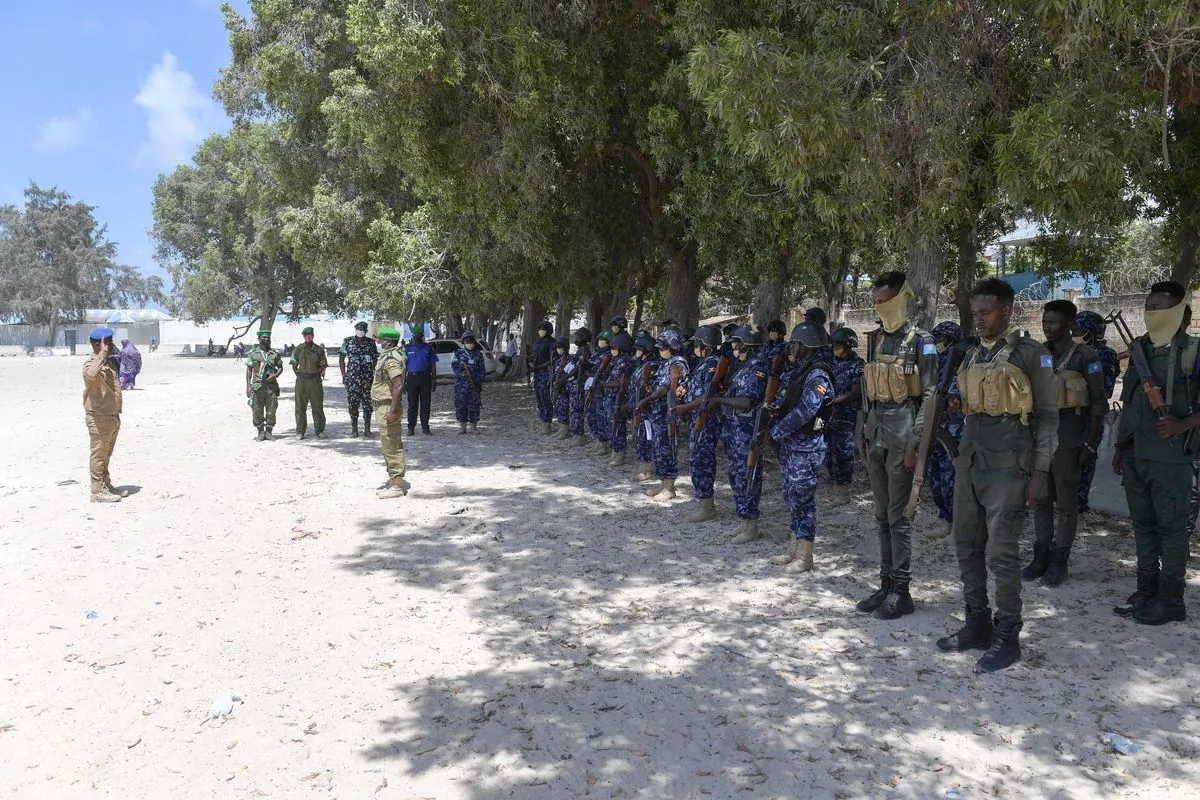Twin Blasts Rock Mogadishu, Killing Five and Injuring Eight
Two roadside explosions in Mogadishu, Somalia's capital, resulted in five fatalities and eight injuries. The attack, targeting a popular youth gathering spot, raises concerns about escalating violence in the city.

In a tragic incident on September 14, 2024, Mogadishu, the capital of Somalia, was rocked by two roadside explosions, resulting in five fatalities and eight injuries. The blasts occurred in an area frequented by young people for photography, highlighting the ongoing security challenges in this historic city once known as the "White Pearl of the Indian Ocean."
Abdullahi Sheikh Abdirahman, the district commissioner of Mogadishu's Kahda district, confirmed the casualties to reporters. An eyewitness, Abdisamad Osman, described the harrowing scene:
"I saw several people lying on the street minutes after the first explosion, and when rescuers came to assist, another blast happened, causing most of the casualties."
While no group immediately claimed responsibility for the attack, suspicion falls on al-Shabab, an Islamic extremist group affiliated with Al-Qaeda. This organization has been a persistent threat to Somalia's stability since its emergence, opposing the Federal Government established in 2012.
The incident comes just weeks after a similar attack at a Mogadishu beach, which claimed over 30 lives and injured more than 60 people. These recurring violent episodes have raised serious concerns about the deteriorating security situation in the capital.
Somalia, a country with one of Africa's longest coastlines, has grappled with civil unrest and instability since 1991. Despite gaining independence in 1960 from Italy and the United Kingdom, the nation has faced numerous challenges, including recurring droughts, famines, and the presence of extremist groups.

The African Union Mission in Somalia (AMISOM) has been actively combating al-Shabab since 2007, aiming to restore peace and stability. However, the group, which once controlled most of southern Somalia until 2011, continues to pose a significant threat to the country's security.
Mogadishu, founded in the 10th century as an important trade center, has been at the heart of Somalia's struggles and aspirations. The city, like the rest of the country, reflects a predominantly nomadic and pastoral culture, with Somali as the official language and Arabic widely spoken.
Despite the ongoing challenges, Somalia possesses significant untapped natural resources and relies heavily on remittances from its diaspora working abroad. These economic factors, coupled with international support, offer hope for the country's future stability and development.
As Mogadishu grapples with this latest tragedy, the resilience of its people remains evident. The city's youth, targeted in this attack, represent the future of a nation striving to overcome its turbulent past and build a more secure and prosperous Somalia.


































